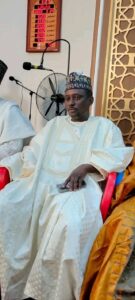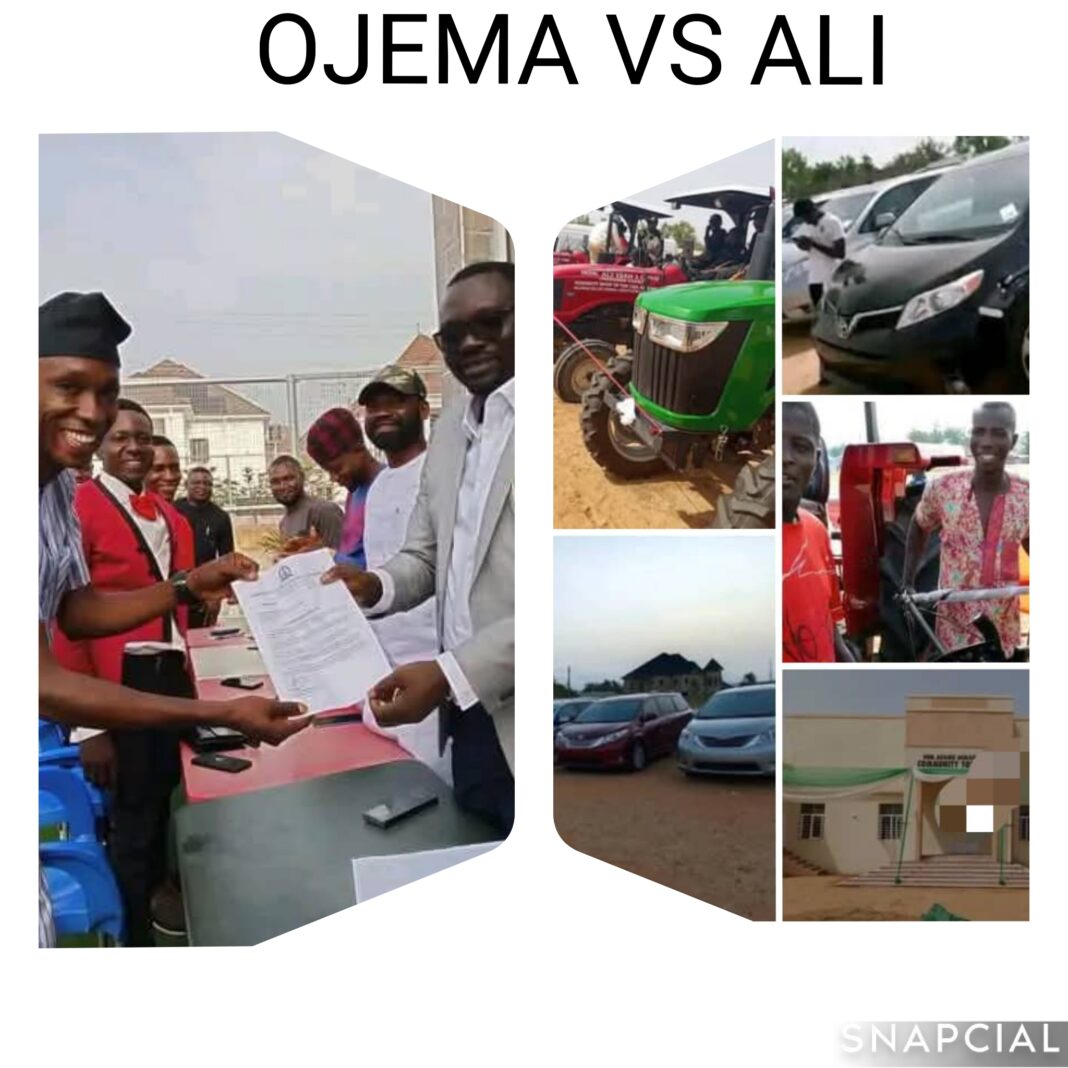Disparity in Leadership Styles Among Lawmakers: A Tale of Two Representatives
Makurdi- Benue state.
By: Adungwu Emmanuel

In the realm of Nigerian politics, contrasting leadership styles have emerged prominently, highlighted by the recent actions of two lawmakers: Honourable Ojotu Ojema representing Apa and Agatu, and Honourable Ali Isa JC from Gombe. Their differing approaches to governance have ignited discussions on effective leadership and community impact.
Honourable Ojema has come under scrutiny for his selective appointments within the parastatals he oversees, raising concerns about whether these decisions are truly in service of community needs or merely designed to maintain his political base. Comrade Paul Edoh Jr a renowned Benue Critics assert that his style resembles a performance rather than a genuine commitment to governance as constituents continue to face unresolved issues and unmet promises.
Conversely, Honourable Ali Isa JC has taken a markedly different route, launching a mega empowerment initiative intended to benefit over 2,000 constituents in the Balanga and Billiri Federal Constituency. His initiative, which includes the distribution of tractors, vehicles, and essential resources, addresses urgent community needs while also fostering economic development, moving away from the tradition of securing support through mere gestures.
A key highlight of Ali Isa JC’s leadership is his commitment to infrastructural enhancements, exemplified by the recent commissioning of an electricity project connecting the long infrastructured Degre and Talasse communities. This project marks a significant advancement for residents who have endured decades without reliable Electricity, illustrating his dedication to meeting the fundamental rights of his constituents.

In stark contrast, concerns have arisen regarding Ojema’s management of the Igoro Electrification Project, which remains largely undisclosed despite being budgeted for in 2024. Constituents have reported feeling ignored when seeking updates, raising questions about transparency and accountability in his governance.
Effective political leadership is contingent upon open dialogue and responsiveness, values that Ali Isa JC actively demonstrates through regular town hall meetings and direct engagement with his constituents. This approach cultivates trust and reinforces his commitment to listening to the community’s concerns.

The divergence in leadership effectiveness between Ojema and Ali Isa JC provokes crucial reflections on political representation in Nigeria. As constituents of Apa and Agatu observe these contrasting styles, the imperative grows for them to advocate for more accountable and inclusive leadership. “Constructive criticism should be seen as an integral part of the democratic process, rather than being dismissed as ‘hatred’ by representatives like Ojema and his followers”, says Edoh Jr.
As the dialogue surrounding these legislative performances continues, it becomes increasingly vital for the people of Apa and Agatu to demand active engagement and transparency from their leaders, ensuring that they are represented by individuals committed to meaningful change rather than mere accolades.

In this evolving political landscape, citizens are encouraged to differentiate between superficial gestures and genuine efforts towards community improvement, underscoring the need for leaders dedicated to the collective well being of their constituencies.




